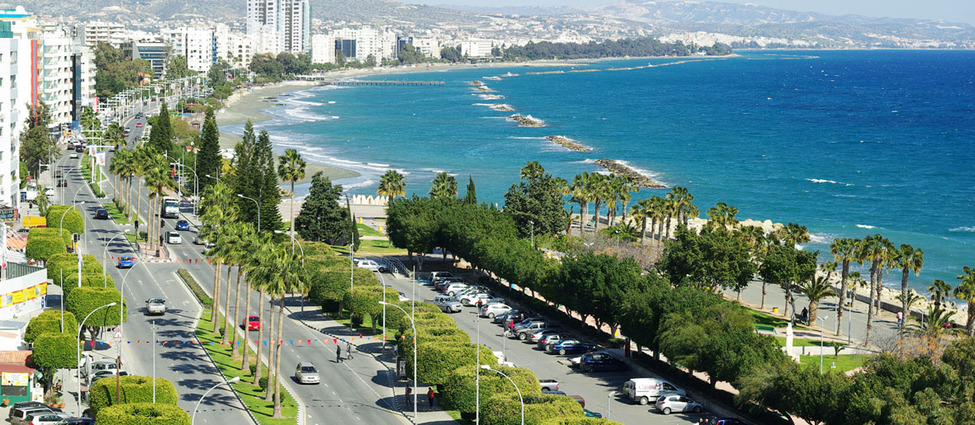

News
Foreigners choose Cyprus as their new home
Jul 10, 2023
Cyprus has been attracting foreigners for tourism, real estate, and business purposes for the past 30 years. This has brought in significant amounts of money into the economy, transferred expertise to locals, and boosted businesses with more affluent clients.
However, since the Russia-Ukraine war broke out in early 2022, over 20,000 Ukrainians, Belarussians, and Russians have relocated to Cyprus, with many settling in Limassol to take advantage of the favourable tax regime. Fintech companies from the warring countries and neighbouring Belarus have also moved to Cyprus, bringing in new wealth and talent. Russian-language communications company Vestnik Kipra reported having 3,000 new IT professionals on its roster in May 2022 with some of their employees earning more than €5,000/month. The Limassol mayor estimated over 10,000 Ukrainians moving to the city since the war.
The “headquartering initiative” by the Cypriot government has also attracted overseas companies to set up operations on the island, resulting in 4,524 families applying for relocation up to August 2022.
Additionally, Israel’s recent political changes have prompted a surge of inquiries for emigration from its citizens, with Ocean Relocation receiving over 100 per day since January 2022. Cyprus has also been a popular destination for Israelis, with around 10,000 applying for Cypriot residency since 2020.
Information International has reported that around 12,000 Lebanese have also come to Cyprus, with a majority being between 25 and 40 years old.
These developments have brought new challenges and opportunities to Cyprus and its residents.
The influx of migrants to Cyprus has led to a surge in demand for rental accommodation, particularly in popular destinations such as Limassol and Paphos. Many of these migrants, have a much higher salary than the average local worker, some times more than 5 times the average salary of a local blue-collar worker. As a result, paying €1,500 for rent is not a problem for these high-earning migrants.
The surge in demand for housing, combined with the high salaries of these migrants, has led to a significant increase in rent prices in Limassol and Paphos. In 2016, it was possible to rent a two-bedroom apartment in Paphos for around €300 and in Limassol for around €400 per month. Now, the minimum rent for a two-bedroom apartment in Paphos is €1,000 and in Limassol can exceed €1,400 per month. This means that many locals are finding themselves priced out of the market, especially in the more desirable areas of the island.
The surge in rental prices has had a direct effect on the sales market, as foreign investors seek to purchase properties that yield a return of approximately 6%. The rental income generated by a property is a key factor in determining its value, as investors are willing to pay more for apartments that can be rented out for higher amounts. For instance, if an apartment can be rented for €1,000 per month, investors are willing to pay up to €200,000 to purchase it. However, if the same apartment can only be rented for €500 per month, the investor is only willing to pay up to €100,000 for it. This highlights the close correlation between rental prices and sale prices in the real estate market.
The individuals who have recently relocated to Cyprus and are currently working online or in fintech companies, have not only invested their time and effort in establishing themselves in the country but have also made substantial investments in the local real estate market.
This means that they are likely to stay in Cyprus for the long term, and will not be quick to leave. As a result, if there is no intervention from the government, it is unlikely that property prices will decrease significantly in the near future. The government may need to implement certain measures to regulate the real estate market and prevent it from becoming overheated, such as imposing more limits on foreign investment or introducing incentives to encourage investment in other sectors of the economy. However, until such measures are put in place, it is expected that the real estate market in Cyprus will remain stable, with prices continuing to reflect the demand from both domestic and international buyers.